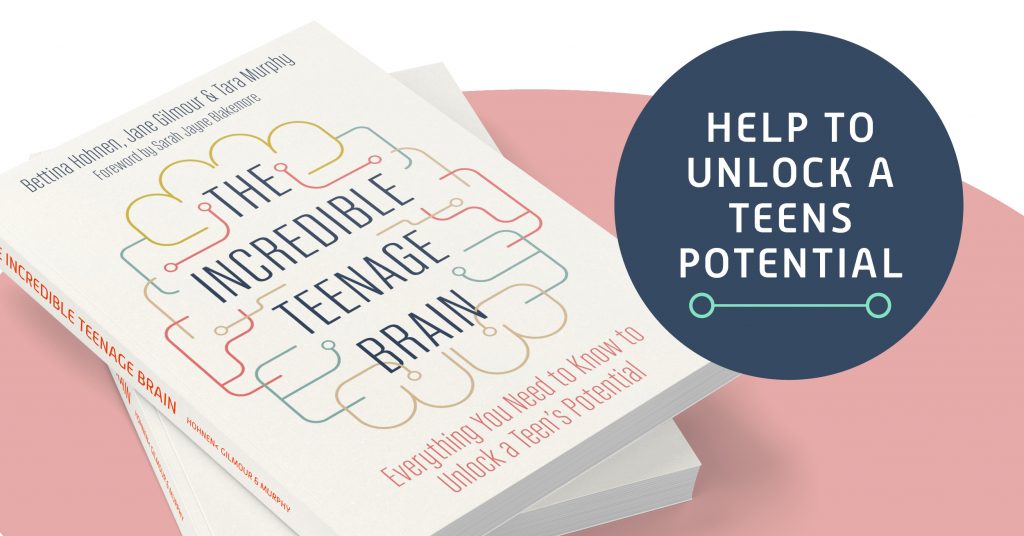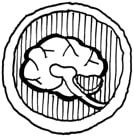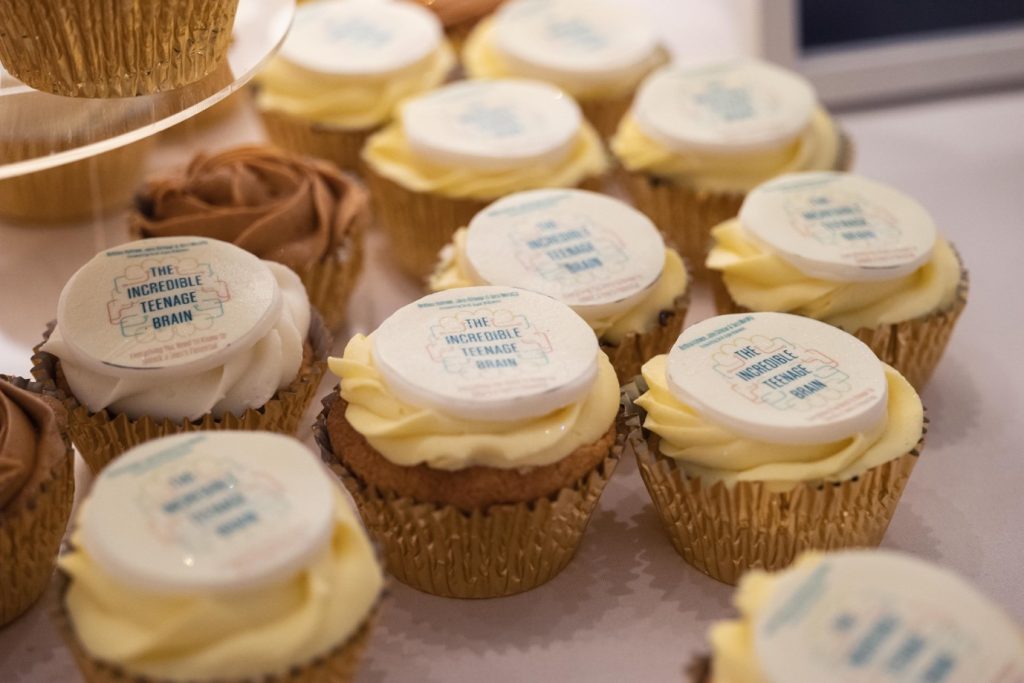Bettina Hohnen & Jane Gilmour

Teenagers can be a puzzle to parents and teachers and have been for generations. We are the lucky generation though because new neuroscience and psychology research allows us to decode the teen brain in a way that has not be possible before. The recently released book The Incredible Teenage Brain by Bettina Hohnen, Jane Gilmour and Tara Murphy unpacks cutting edge neuroscience and gives practical tips about the most helpful mindset to use, what to say and what to do in the company of teens.
So what do teens need from us?
They need us to try to understand what is going on for them

The science: The science is indisputable. From puberty to our mid-20s the human brain is different. It operates differently from young children’s and adult’s brains. Their brain drives them towards new situations so they can experience, explore and learn about the world. Key questions consuming teens are how do I fit in ? (focus on friendships), who am I? (focus on self-identity) and what do I believe in? (focus on developing own views and becoming independent). These preoccupations are not there forever, so don’t think they will be a permanent focus in your young person’s perspective but they are strong aspects of the teen phase of life.

Action point: Teen priorities do not always match ours because their brains are busy focusing on these questions. Just knowing this helps us understand teen behaviour and make it less irritating or something we need to respond to, change or try to fix. Our advice? Relax into it.
They need someone to listen to them and empathise with them

The science: Teen emotions are strong, both the highs and lows. It’s tempting to blame their hormones but actually this isn’t accurate. Feelings give us information about the world and the strength of teens’ emotions helps them learn quickly so that they can survive independently. The downside is they can feel swamped by emotions and that can make them feel like they are going crazy.

Action point: We recommend the ‘snow globe intervention’. When a teen is in an emotional snowstorm, shake the snow globe, and with your teen, watch the swirling chaos of the flitter falling until the snowflakes settle. Teen emotions will naturally reduce (and so will yours) during this time and then, and only then, will they be able to begin to talk through what has happened.
They could use your advice, but don’t want to be told what to do

The science: It’s so frustrating when we know the right advice for a teen but they just won’t listen. We’ve got the lived experience after all. However, teen brains are wired to have first- hand experience of the world so they are essentially primed to ignore second hand advice. There’s more: Teens are biologically driven to question the status-quo (and this probably means anything that you, as an adult, have got to say). Brace yourself – but know that it is happening for a good reason.

Action point: Change your interaction with this in mind so that decisions are co-owned. Discuss the pros and cons of a decision. Ask them what their thinking is. This doesn’t mean giving up control. You do ultimately get to draw a clear boundary and reinforce it, but a teen who has been allowed to give their view is a teen who will more willingly comply. Use that opportunity.
They need environments that stretch them so they can make the most of their incredible teenage brains

The science: Much is written about stress and teenagers and many people say young people are experiencing more pressure than ever before. Brain science suggests that we should be stretching teens as their brains are primed to learn in a way that is unique to this time in their life. We need to change the narrative around stress for teens. We suggest you help them harness the experience of acute periods of stress because these are actually moments of growth and development. (This is of course distinct from a situation in which your teen is overwhelmed with stress day after day and is having difficulty engaging in activities).

Action point: As the adult in their lives, we set the context for how they interpret their stress. What we do and say in the context of their stress changes how they experience it.
Tell them stress is a sign of brain growth. It’s OK to feel stressed. Tell them that a pounding heart, or sweaty palms is a useful form of energy. It gets our body in a peak state for performance. Help them understand that whatever the outcome, you will still be there supporting them and that if it doesn’t go well, it is a learning opportunity.
To read more buy the book here.
